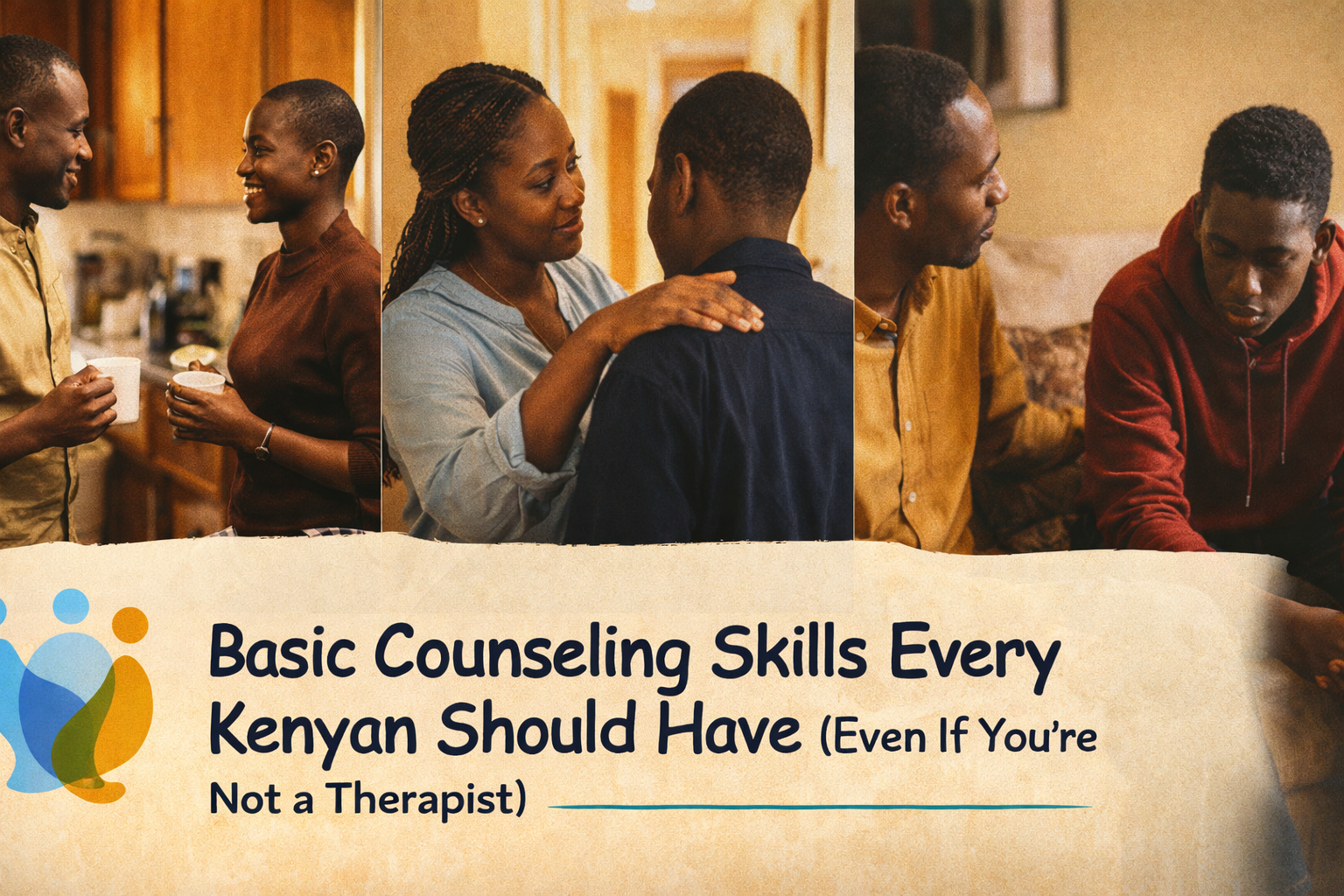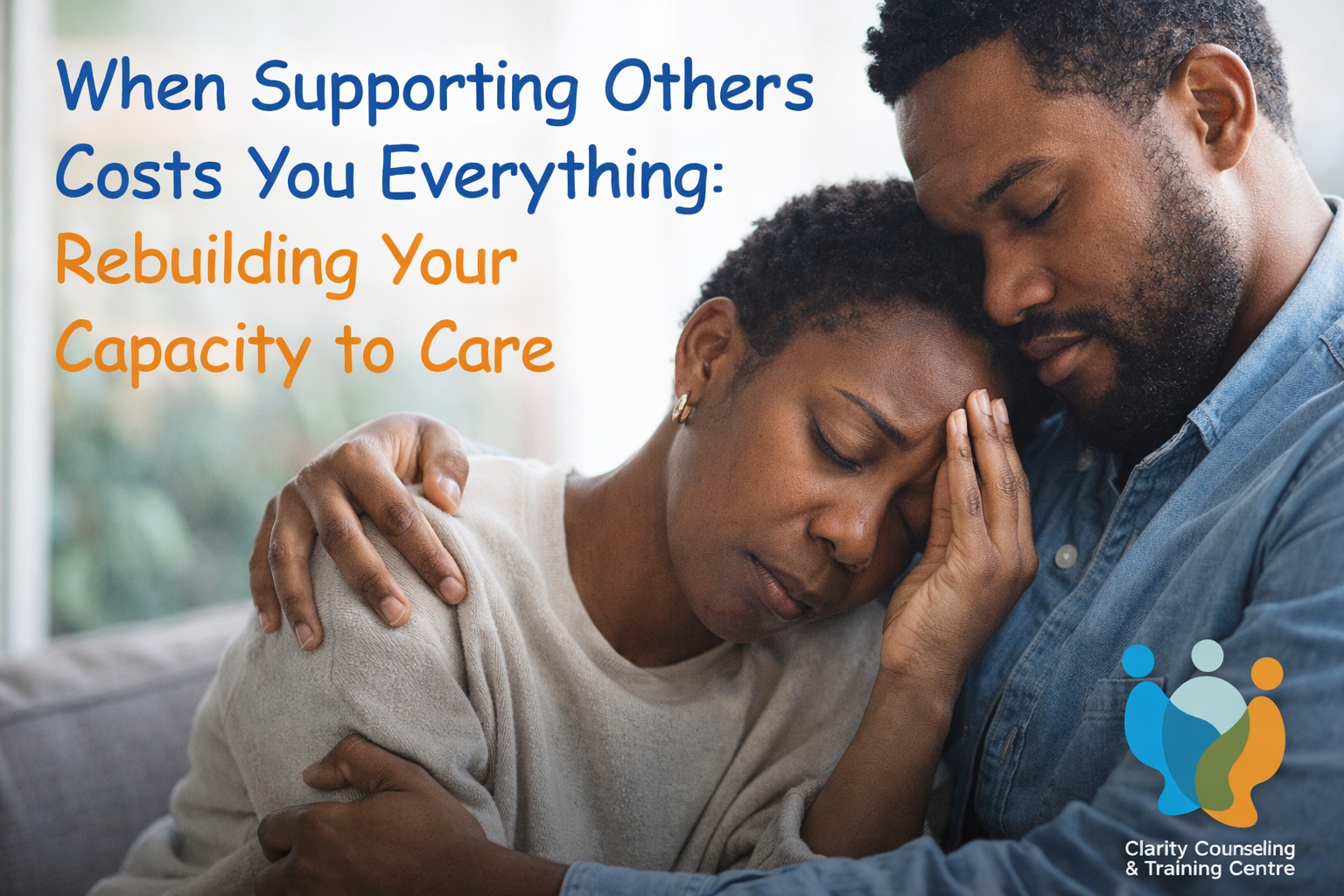Are Women Really More Vulnerable to Mental Health Issues Than Men?

Are Women Really More Vulnerable to Mental Health Issues Than Men?
Mental health issues like depression, anxiety, and eating disorders are often thought to impact women. It is a known fact that more women openly discuss their mental health struggles than men. While statistics do show higher rates of some disorders among women, many factors underlie these gender differences.
It cannot be boiled down to a simple explanation of females being more vulnerable. Mental health is not just shaped by biology; social influences, gender roles, and access to care play an important role. To understand why women may seem to bear an unequal burden of mental illness, you must think holistically. This article explores the factors that contribute to women’s vulnerability to mental health issues and later discusses some examples of these disorders. But first, what do the statistics really say?
Table of Content
What Do the Statistics Indicate?
Factors that Contribute to Women’s Vulnerability to Mental Health
Mental Health Issues that Commonly Affect Women
What Do the Statistics Indicate?
When you look at common mental health issues through a gendered lens, certain statistics do indicate higher rates among women for some common conditions. Let’s look at three examples:
- According to a 2021 research report by the National Institute of Mental Health, the prevalence of getting any mental illness is higher for females (27.1%) than men (18.1%).
- The Adult Psychiatric Morbidity Survey done every seven years reveals that one in six adults has a common mental health disorder. Breaking it down further as per the two genders reveals that one in five women (20.7%) and one in eight men (13.2%) had a mental health disorder.
- According to a European Journal of Psychotraumatology, the lifetime likelihood of women getting PTSD is 10–12%, while that of men is 5–6%. With almost similar differences in the type of disorder they get, such as anxiety disorders or major depression.
Undoubtedly, statistics are clear that women are more vulnerable to mental health issues compared to men. However, this doesn’t mean men are better at managing their daily life challenges compared to women; many other factors come into play to cause the noticeable differences.
Learn more: Mental Health Awareness for Men in Kenya
Factors that Contribute to Women’s Vulnerability to Mental Health
Felix managed a team with an equal number of men and women. When he assigned a difficult and time-sensitive project, he noticed a difference in how his employees reacted. Many of the women reported feeling anxious, overwhelmed, and frequently doubting their abilities. Some expressed feeling depressed about work and life balance.
In contrast, the majority of men remained steady under pressure. Only two male employees confided feeling burnout. As a compassionate supervisor, Felix sought to find out what brought out the different ways the genders reacted to increased stressful work situations. Let’s discuss some factors he found.
Hormonal Fluctuations
Women’s bodies undergo major hormonal shifts at various stages throughout their lifespan. During puberty, the menstrual cycle, pregnancy, postpartum, and menopause. The fluctuations in levels of hormones like estrogen and progesterone can significantly impact your mood and mental health.
For example, the dramatic drops in estrogen prior to menstruation are linked to worsening of conditions like depression and anxiety in some women. Up to 85% of women experience physical or emotional symptoms associated with premenstrual syndrome (PMS), likely due to hormonal changes.
Fluctuations during perimenopause and menopause also correlate to new onset or worsening of mood disorders. While not all women experience mental health changes due to hormonal transitions, they represent a unique biological vulnerability.
Caregiving Burden
Women disproportionately shoulder childcare, elder care, and household responsibilities compared to men. Most caregiving duties often fall on women’s shoulders, even if they work full-time. The mental load of anticipating and planning for family needs also typically lands on women.
Imagine trying to balance competing demands between work, childcare, household chores, caring for ageing parents, and other obligations. It can increase stress and isolation. Women may feel constant anxiety about dropping all the balls they are juggling. The lack of leisure time for self-care and relationships further strains mental health.
Feeling solely responsible for domestic duties while men do not share equitably can lead to resentment. Even when men are willing to share caregiving roles more equally, social norms and expectations often still position women as the default caretakers. All this piles on stress that makes women more vulnerable to mental health issues.
Gender Inequality
The reducing but ongoing discrimination, objectification, and inequality that women face in society can negatively impact their mental health. The following table explains some challenges women face from being female that make them feel disrespected, undervalued, and treated unfairly.
| Gender Inequality Aspect | How it Plays out in Society |
| Condescension | Women often face attitudes and comments that trivialize their skills, abilities, and opinions. This can make women feel incapable and erode confidence. |
| Harassment | Persistent unwanted sexual advances, sexist remarks, and other harassing behaviors create an intimidating and unsafe environment for women. This induces stress and anxiety. |
| Exclusion | The “boys club” mentality shuts women out of professional networks and opportunities for advancement. Feeling unable to break into the dominant male culture can be discouraging. |
| Traditional gender role expectations | Pressure for women to conform to traditional roles like homemaker, mother, and caretaker limits aspirations. This can cause reduced confidence in their abilities. |
| Pay gaps at work | Lower pay for similar work reinforces the perception that women’s contributions are undervalued. Financial instability due to unfair compensation adds stress. |
Research shows that experiencing sexism causes psychological stress. When society treats women as less than men, it can make women feel bad about themselves, leading to an increased likelihood of getting mental health issues.
Interpersonal Violence
Interpersonal violence, such as sexual assault, domestic abuse, and psychological abuse, is unequally experienced in women more than men. Statistics from an eighteen-year study by WHO reveals that 1 in 3 women worldwide experience physical or sexual violence in their lifetime, very often committed by intimate male partners.
Picture living in a situation where you are under constant threat of experiencing abuse. This can understandably increase the risk of developing PTSD, anxiety, depression, and substance abuse disorders in women. Being in an abusive relationship can destroy self-esteem, create a sense of helplessness, and make it difficult to seek help.
Body Image Issues

Women face immense sociocultural pressures related to appearance and body image, which can harm their mental health. The promotion of strict beauty ideals, constant comparison to photoshopped images online, and sexual objectification of women’s bodies are too much.
These pressures lead many women to develop chronically low self-esteem, body dissatisfaction, disordered eating habits, and anxiety. Eating disorders like anorexia, bulimia, and binge eating disorder are far more common among women, though men face body image issues as well.
Feeling like you can never measure up to unrealistic standards of beauty creates feelings of shame, fixation on flaws, and distorted body image. Products and services that promise the “perfect” face and figure exploit these insecurities, leading to various mental health issues when the standard cannot be attained.
Back to Felix’s Dilemma
After seeing the project take a greater mental toll on the women in his team, Felix read an article like this one and learned how factors like biological changes, caregiving duties, discrimination, pay gaps, and barriers to care can impact women’s mental health.
Felix realized the higher stress was not due to personal weakness or vulnerability inherent in his female employees. Rather, it reflected some broader societal issues that disproportionately burden women. He purposed to take action to address these challenges and create a more supportive and equitable environment for both genders.
Related: Is Marriage An Obsession For Women?
Mental Health Issues that Commonly Affect Women
While mental illness impacts all genders, research indicates women are disproportionately affected by certain conditions. Here are five mental health issues that most commonly burden women:
- Anxiety disorders: Women are more prone to generalized anxiety disorder, phobias, panic attacks, OCD and PTSD. These conditions are characterized by irrational fears, uncontrollable worry, hypervigilance, compulsions and avoidance behaviors. Women may experience more somatic symptoms like chest pain, shortness of breath and trembling associated with anxiety.
- Depression: Women have higher rates of major depressive disorder marked by persistent low mood, loss of interest, fatigue, changes in appetite and sleep, feelings of worthlessness, and suicidal thinking. Depression in women may present more as sadness, negative persistent thoughts, and weight gain.
- Suicide: Women have higher rates of suicidal ideation and non-fatal suicide attempts like self-poisoning. This indicates a greater inclination towards internalized distress and suicidal thinking compared to men. However, men complete suicide more often through lethal means like firearms.
- Traumas: Women suffer disproportionately from PTSD following experiences of interpersonal violence like rape, assault, and domestic abuse. Women may relive trauma through flashbacks, nightmares and distressing memories. Avoidance, hypervigilance and dissociation are common.
- Eating disorders: Anorexia nervosa and bulimia nervosa overwhelmingly affect women. These are characterized by restriction, binging, purging, and a pathological pursuit of thinness driven by body image issues and distorted self-perception. The obsession with weight leads to extremely dangerous behaviors.
Clarity Counseling and Training Centre offers professional counseling services for women and men experiencing any of the above mental health issues. We help you work through the challenges that led to the condition and assist you in overcoming them. You will learn various coping mechanisms that will enable you to thrive even in challenging situations. Call us today and book your first appointment.









